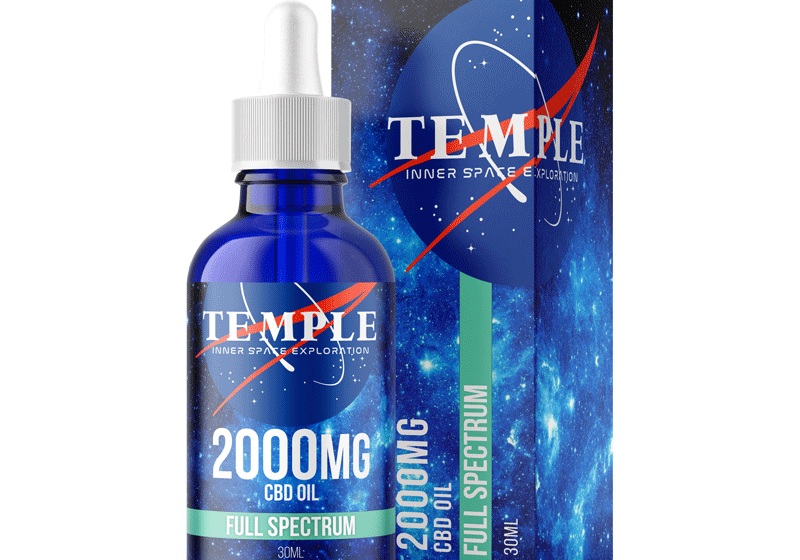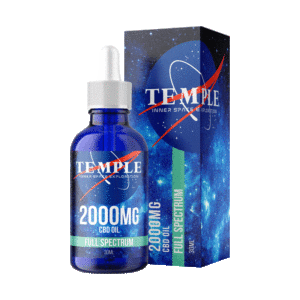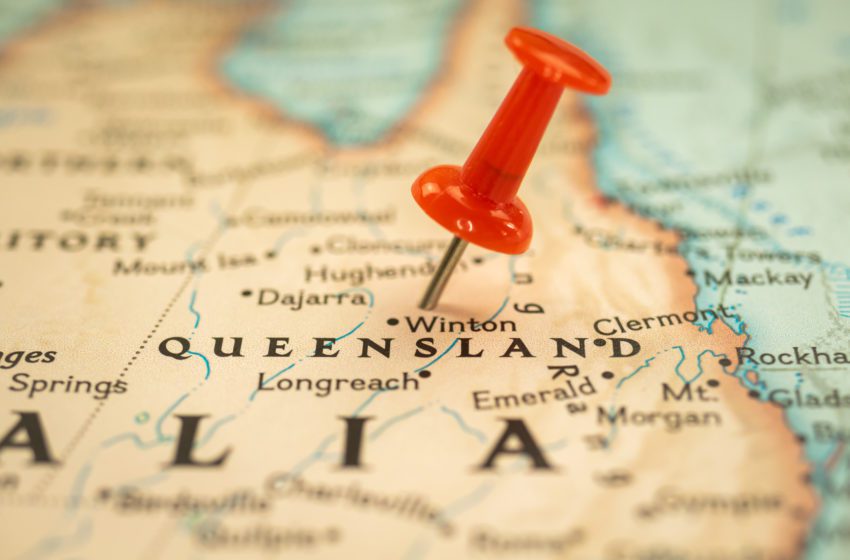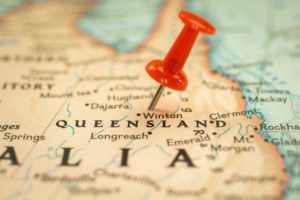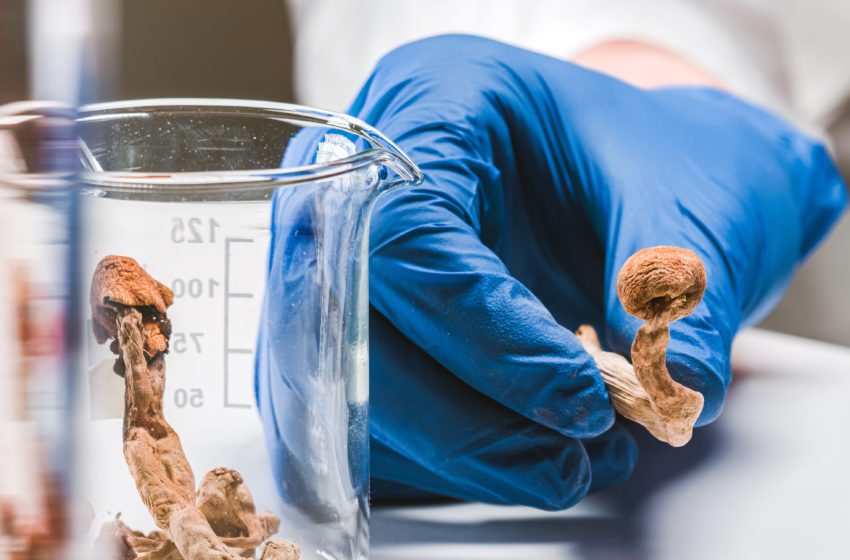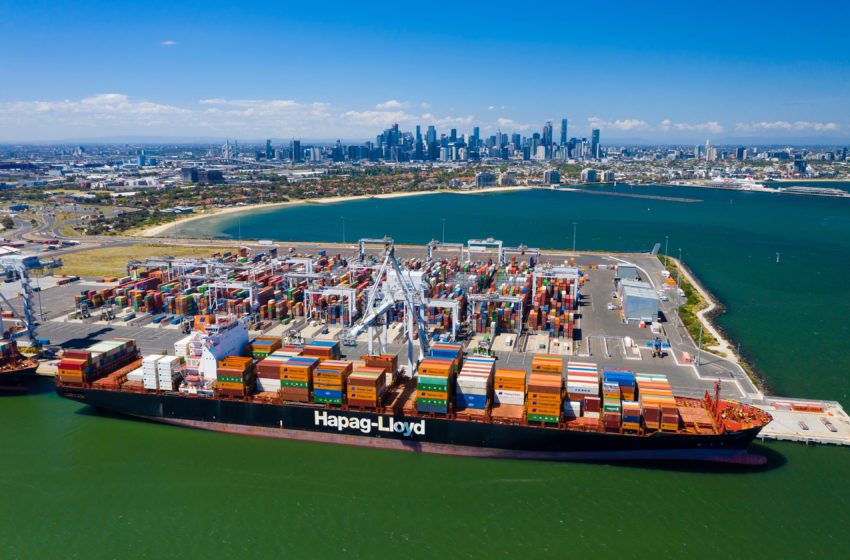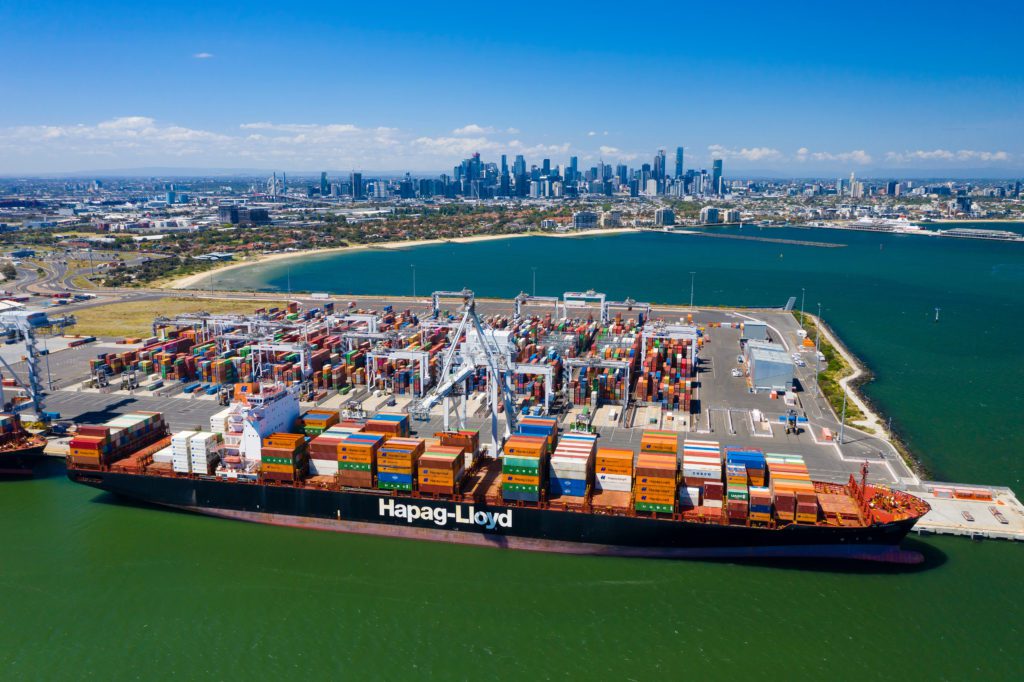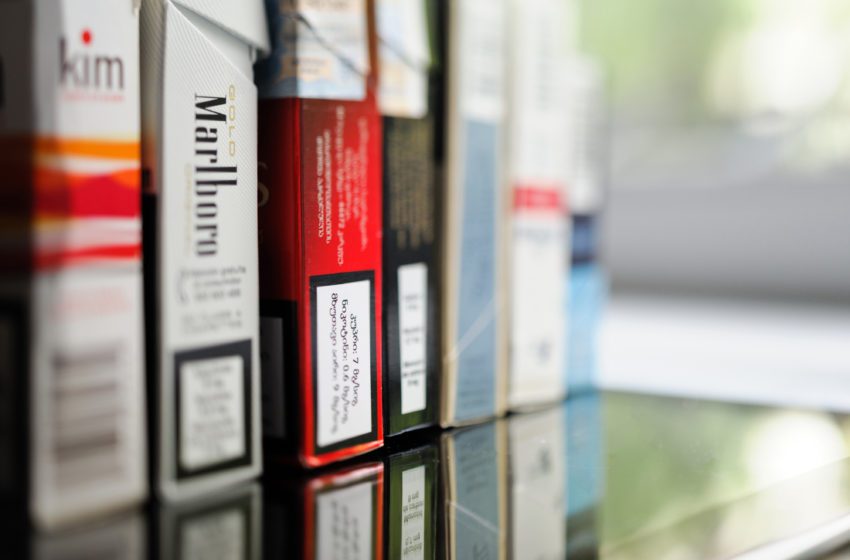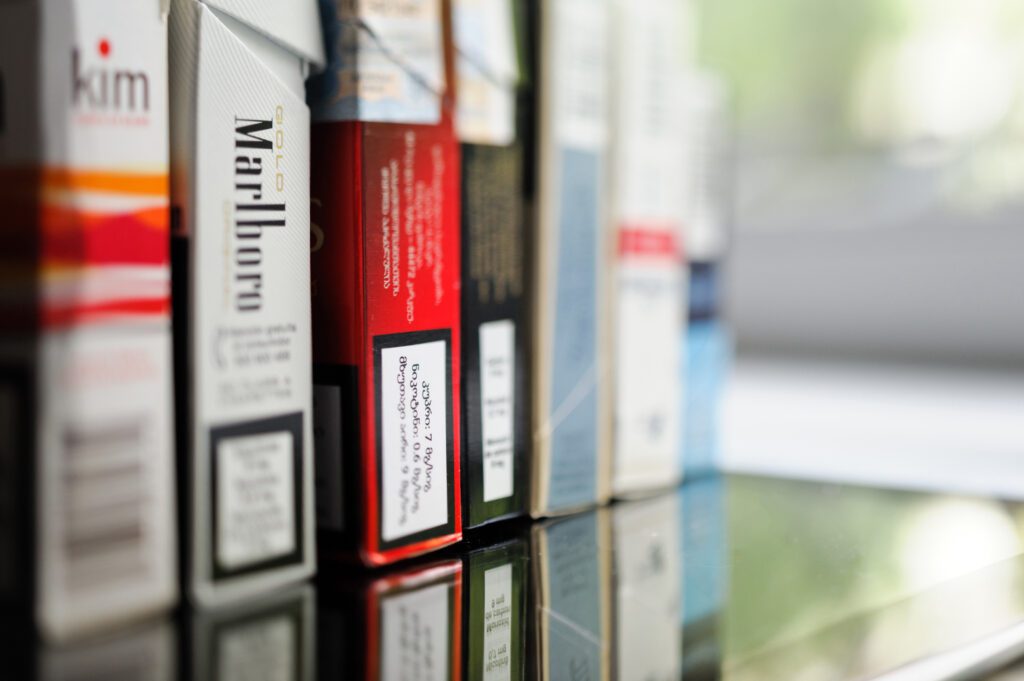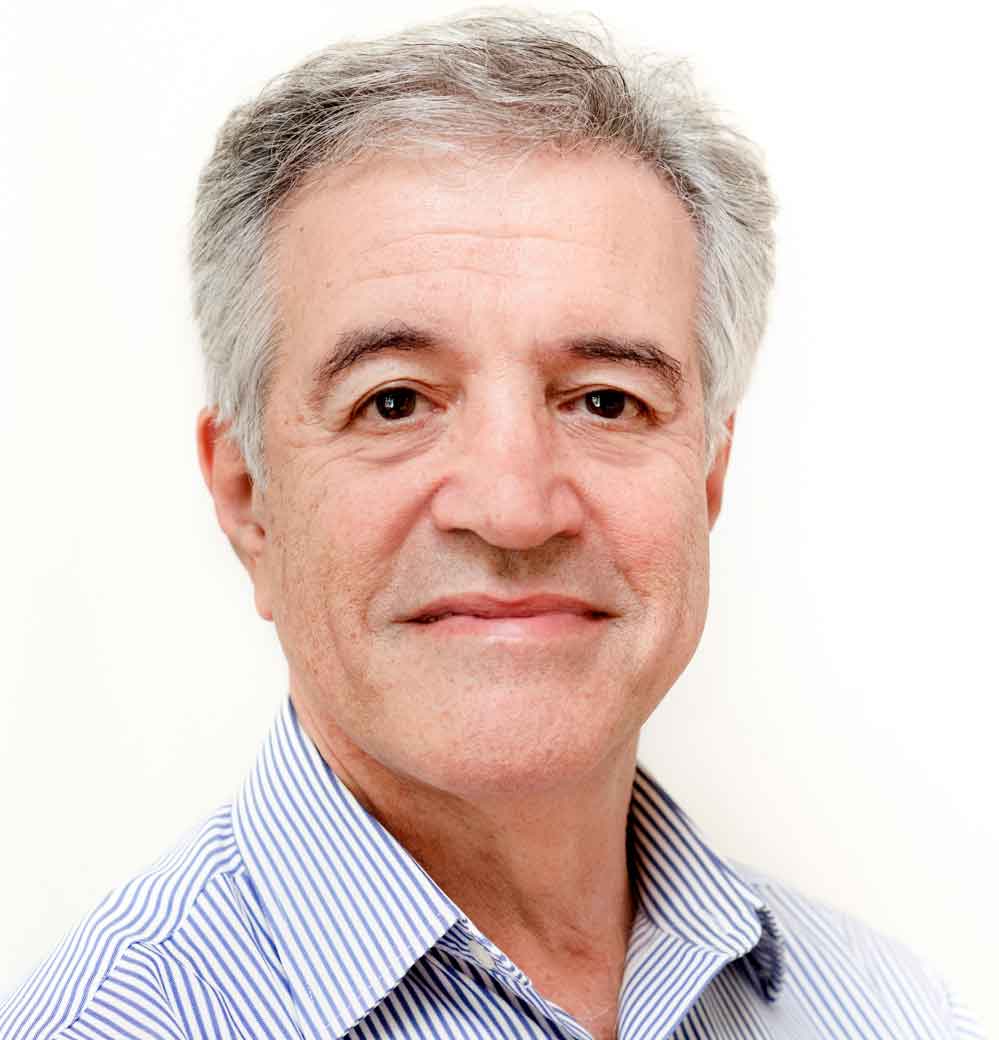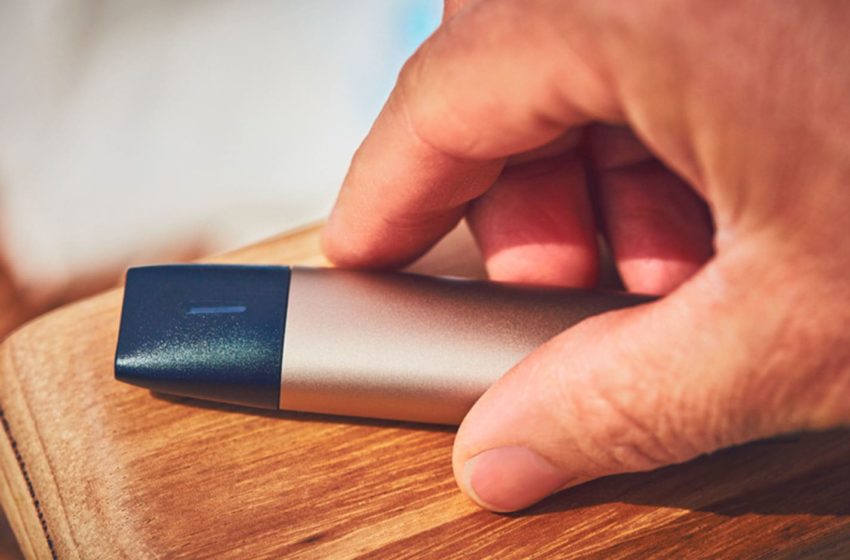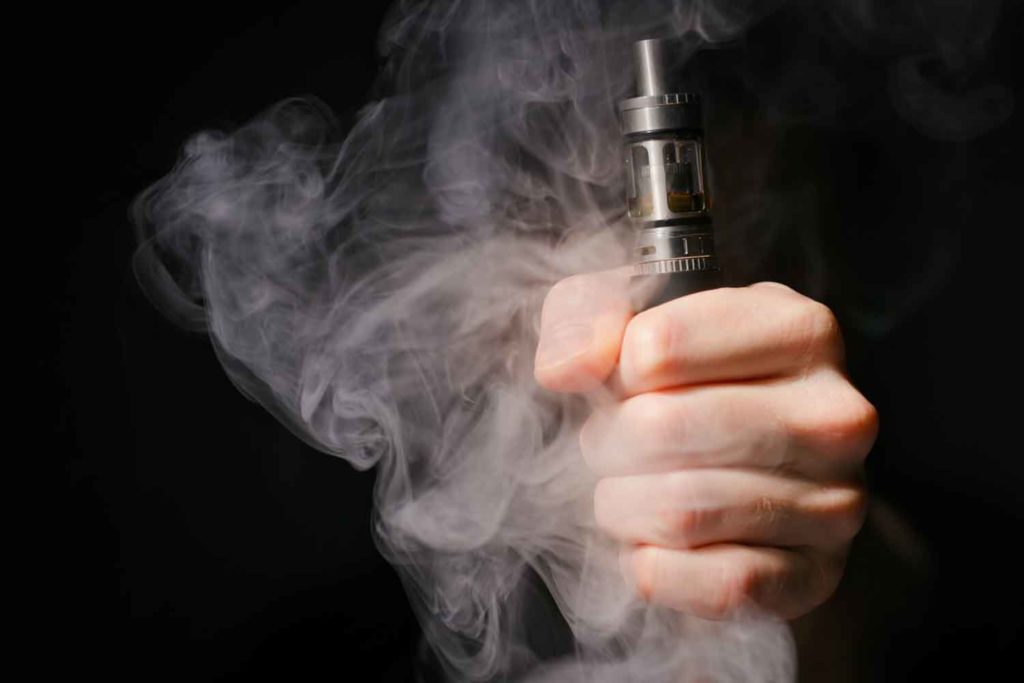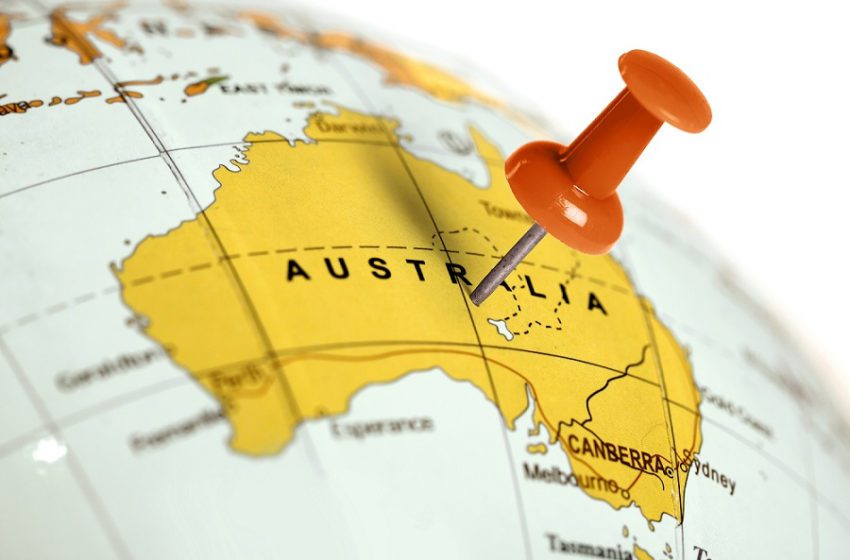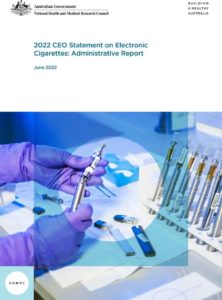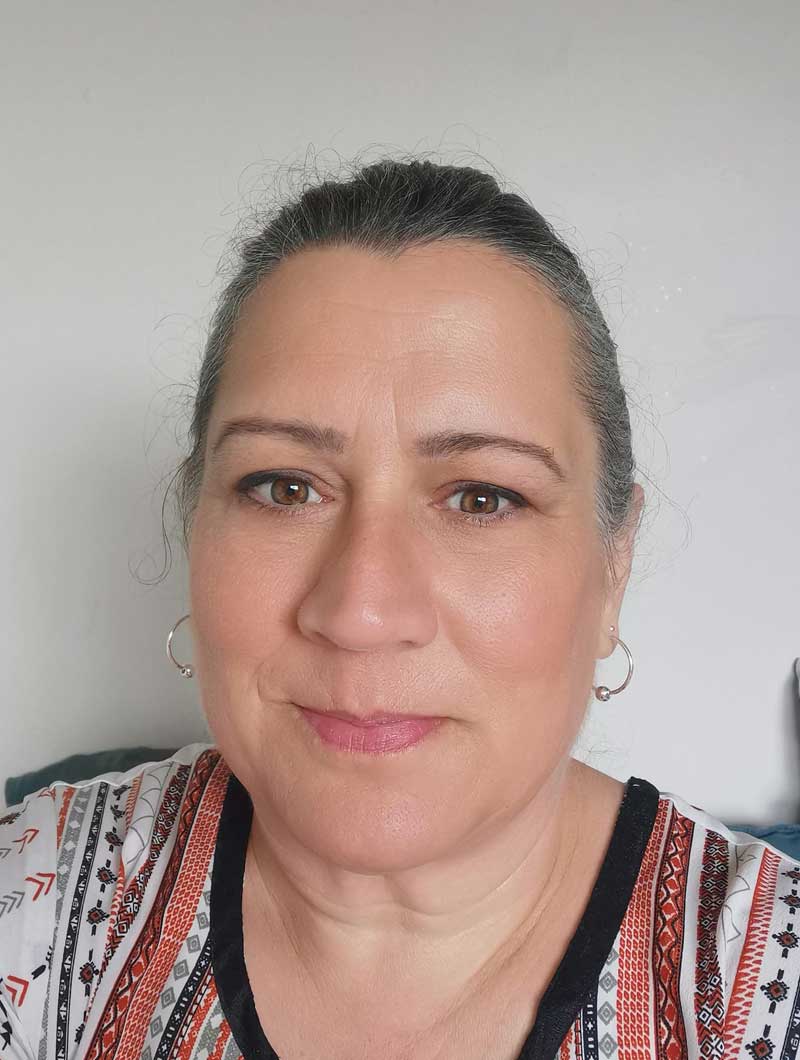
When Australia’s government opted to increase taxes on tobacco to curb smoking, Deakin University senior criminology lecturer James Martin predicted it would trigger a mammoth black market.
In 2013, tobacco taxes increased by 12.5 percent and continued to increase each year, according to ABC News.
“The purpose behind that was there’s good evidence from around the world that increasing tobacco prices is a really good way to get people to quit,” Martin said.
“It’s been quite effective in that. But we’re starting to encounter problems with this policy.”
Martin said that increased tobacco taxes had fast-tracked the uptake of vaping in Australia while the black market tobacco industry had boomed.
Black market vendors could sell tobacco for about half the price of regulated markets and had begun to include nicotine vapes in their offerings.
Martin said this was a consequence of supply and demand.
“If you’re a smoker who has been priced out of having access to legal cigarettes, you still want to consume that nicotine,” he said.
“You can either steal cigarettes, or you can access the black market to cigarettes, or you can access the black market for vaping.”


